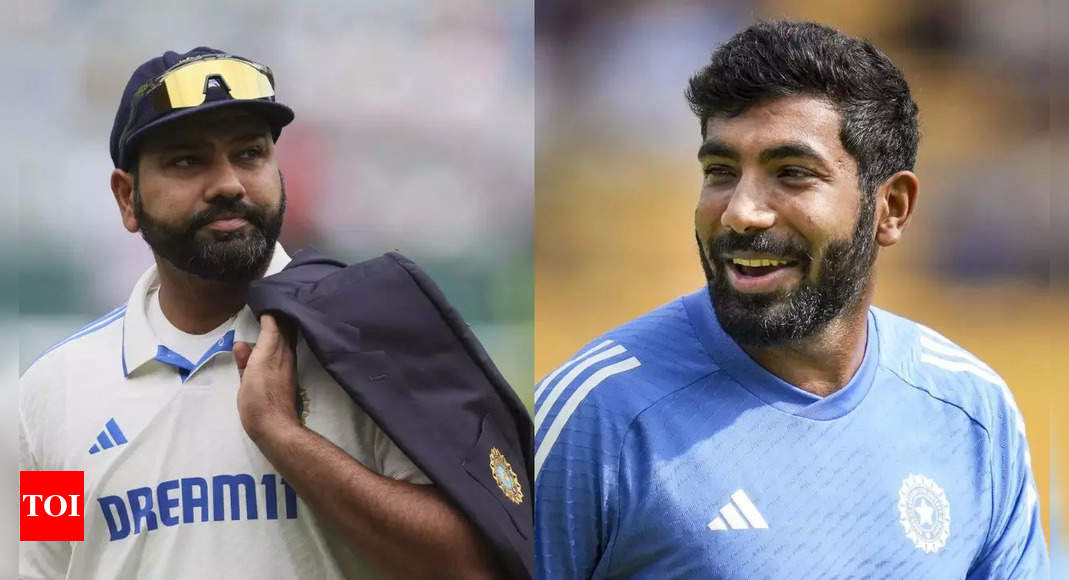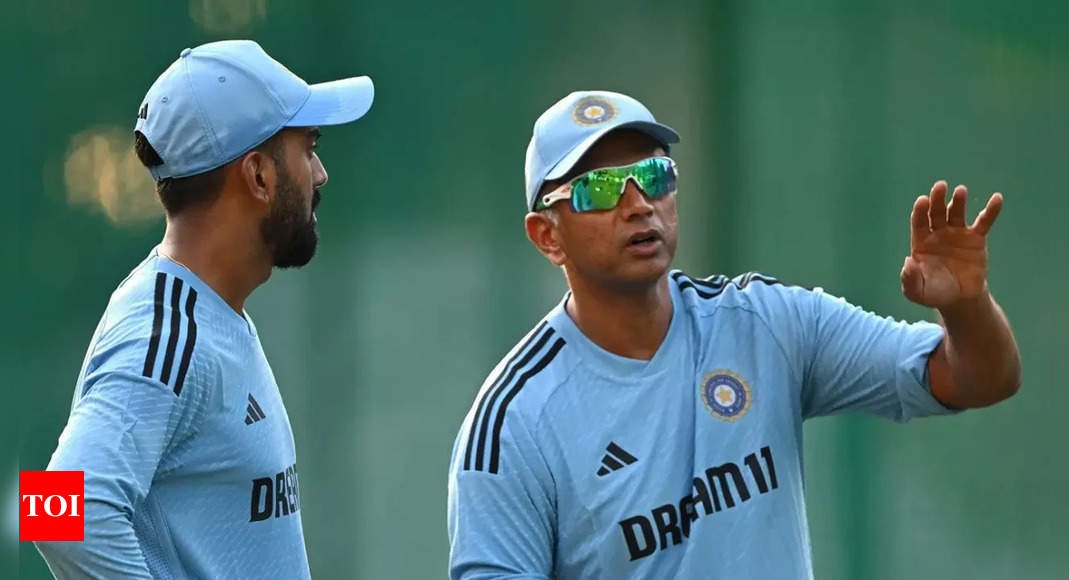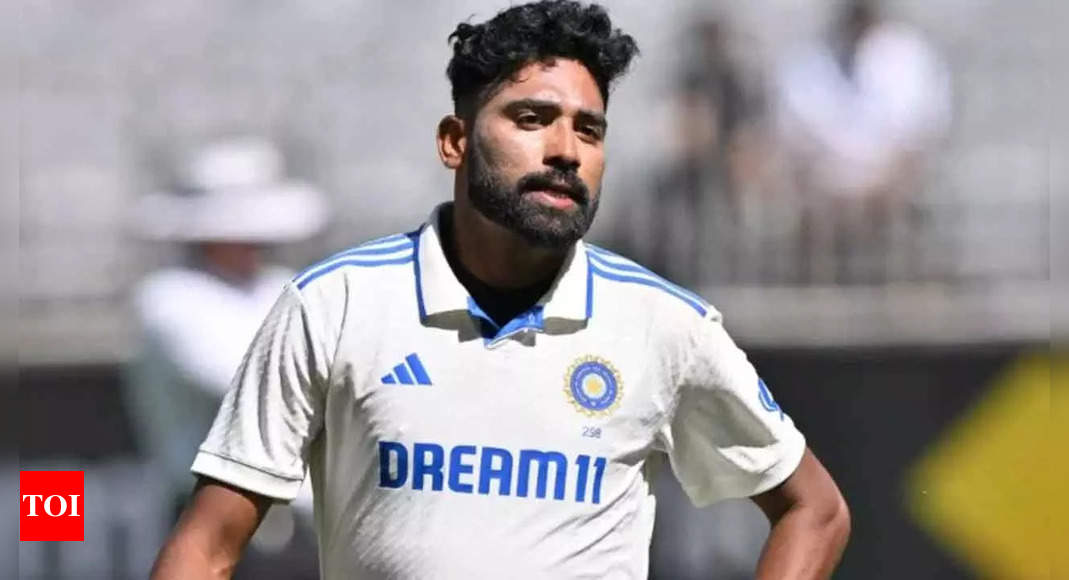
NEW DELHI: Former Indian cricket captain Kapil Dev has downplayed discussions about Jasprit Bumrah being the potential successor to Rohit Sharma as Team India’s Test captain.
Kapil, talking to reporters at the launch of the Vishwa Samudra Open on Monday at the Delhi Golf Club, stressed the need for patience before drawing conclusions about a player’s leadership capabilities.
ALSO READ: ‘I wish I’d played golf while playing cricket; I would’ve had 2000 extra runs’: Kapil Dev
“I think it’s too early to talk about that (Rohit Sharma’s successor). With one performance, you can’t say he’s one of the best, and with one bad performance, you can’t say he doesn’t deserve to be there,” Kapil, who is also president of the Professional Golf Tour of India (PGTI), said. “Let a player play a lot of cricket, take on a lot of captaincy, and go through ups and downs. Then you judge a person by how they reacted during the difficult times—not the good times. In good times, there’s no need for judgment.”
Citing Virat Kohli as an example of greatness, the former all-rounder, 65, explained, “We talk about character when someone is down or out. Take Virat Kohli, for example—one of the best cricketers this country has ever seen. If you list the top four cricketers, he will be there. So, if he’s going through a rough time, it’s up to him how fast he can bounce back and come back for the better.”
The comments come in the wake of India’s crushing 10-wicket defeat to Australia in the second Test of the Border-Gavaskar Trophy.
After a dominant win in the series opener under the leadership of Bumrah, India faltered in the pink-ball Test in Adelaide.
Rohit Sharma’s struggle continues
Having missed the first Test due to the birth of his second child, Rohit Sharma, who struggled with the bat, faced intense criticism, with many questioning his role as captain after a string of poor performances in Test cricket this year.
Bumrah, currently serving as vice-captain, has shown glimpses of leadership potential, including a memorable win in Perth under his captaincy. However, as Kapil suggests, the road to leadership in cricket is long, and one match cannot define a player’s readiness for such responsibility.








